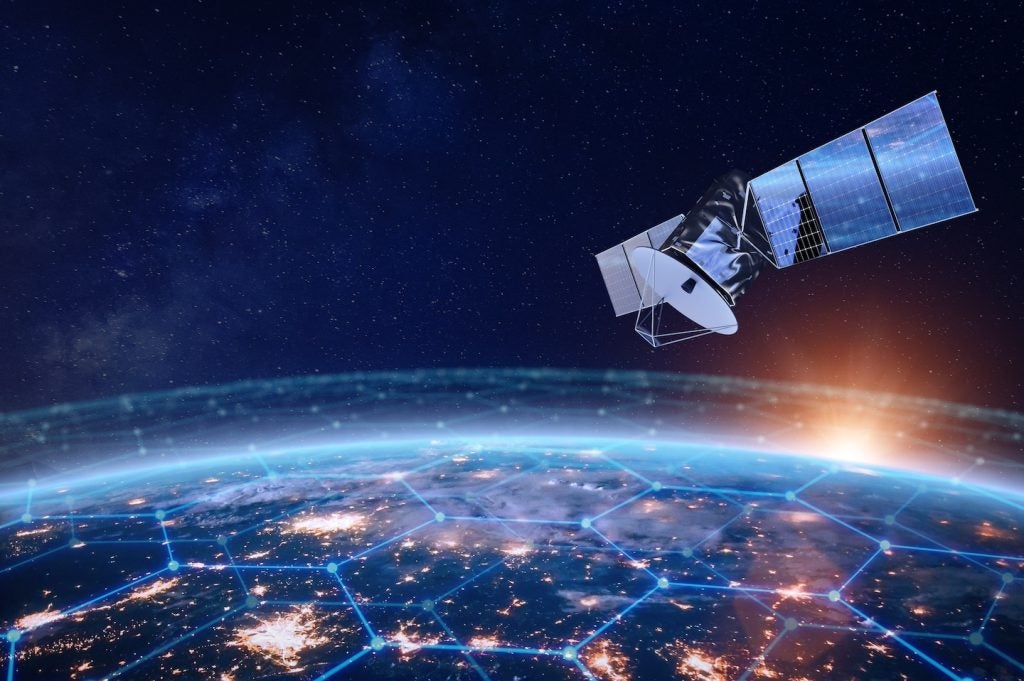Cloud gaming will fundamentally change the video games industry over the next ten years, just as video and audio streaming has reshaped the music, film, and TV industries. However, cloud gaming requires users to have fast internet connections beyond existing 4G networks’ capabilities. For now, the industry is awaiting the widespread availability of 5G, which will offer the internet speed, network latency, and server availability required for a high-quality experience.
Technology Trends
Listed below are the key technology trends impacting the cloud gaming theme, as identified by GlobalData.
Cloud services
Adaptability and scalability are absolute necessities for quick deployments, lower costs, and reduced complexities. Cloud service providers like Amazon Web Services (AWS) and Microsoft Azure give companies the ability to add thousands of virtual servers and petabytes of storage within minutes, allowing them to respond to high levels of traffic. This aids service availability and the velocity at which they can release new features, content, and interfaces. All cloud gaming providers need access to a leading cloud services platform to succeed.
5G
Today’s 4G networks do not offer the sub-10 millisecond (ms) latency that is a prerequisite for high-resolution cloud gaming services. Thus, 5G’s expected 1ms latency is touted by industry participants as a critical enabler of cloud gaming. Telcos are eager to exploit this opportunity to position their 5G services in the market. According to the Ericsson Mobility Report, published in November 2020, 22 of the 106 telcos that have launched commercial 5G offerings have announced cloud gaming services.
In January 2020, BT partnered with Google Stadia to become its first European 5G provider. Chipmakers like Samsung, Huawei, Qualcomm, and MediaTek are also investing in 5G to bring console-quality gaming to smartphones. Over the next two years, much of the success of cloud gaming will hinge on the availability of 5G networks and smartphones.
Edge computing
Cloud services companies deploy edge computing solutions to improve the customer experience; by running applications and performing processing tasks closer to the customer, edge computing reduces latency, delivering superior performance. AWS is working with Verizon, SK Telecom, KDDI, and Vodafone, while Microsoft Azure Edge Zones is working with nine operators, including AT&T, Telefónica, and Telstra, to develop edge cloud locations using the telcos’ 5G networks.
How well do you really know your competitors?
Access the most comprehensive Company Profiles on the market, powered by GlobalData. Save hours of research. Gain competitive edge.

Thank you!
Your download email will arrive shortly
Not ready to buy yet? Download a free sample
We are confident about the unique quality of our Company Profiles. However, we want you to make the most beneficial decision for your business, so we offer a free sample that you can download by submitting the below form
By GlobalDataThese infrastructures will bring processing power closer to users, helping reduce network latency, which will, in turn, improve the quality of cloud gaming services. Edge computing will become the norm in the cloud gaming market in the near-term.
Artificial intelligence (AI)
The volume, variety, and speed of data generated by cloud gaming services will require AI applications such as machine learning for analysis. In the next two years, AI analytics will improve services, predict consumer behaviour, and design monetisation models. AI is also being applied to the development of novel game control systems.
Blacknut, in partnership with NVIDIA and InterDigital, launched a cloud gaming solution with an AI-enabled user interface in June 2020. The aim is to eliminate controllers entirely and use InterDigital’s low latency Edge AI, which tracks users’ movements in real-time, to control the game. Similar initiatives will emerge as cloud gaming and AI mature. Google and Amazon, two of the leaders in AI globally, are well-positioned to benefit from and influence AI’s growth in cloud gaming.
Data consumption
Cloud gaming will require unlimited data plans. Estimates suggest that streaming 4K games on Google Stadia at 35 megabits per second (Mbps) will consume about 16 gigabytes (GBs) every hour. Users with monthly 1 terabyte (TB) data caps will hit their limit within 63 hours, meaning they will get only an average of two hours per day to spend on Stadia (based on the assumption that the data plan is used on one device and only for Stadia).
Some telcos have launched unlimited 5G data plans, and GlobalData expects others to follow suit in 2021. Currently, researchers at Duke University, in collaboration with Microsoft, are exploring collaborative rendering. This bandwidth-saving technique uses the gamer’s smartphone to locally generate frames of the game, while the remote server fills in the gaps, reducing data transmission.
This is an edited extract from the Cloud Gaming – Thematic Research report produced by GlobalData Thematic Research.









Related Company Profiles
MediaTek Inc
KDDI Corp
Microsoft Corp
InterDigital Inc
Amazon.com Inc